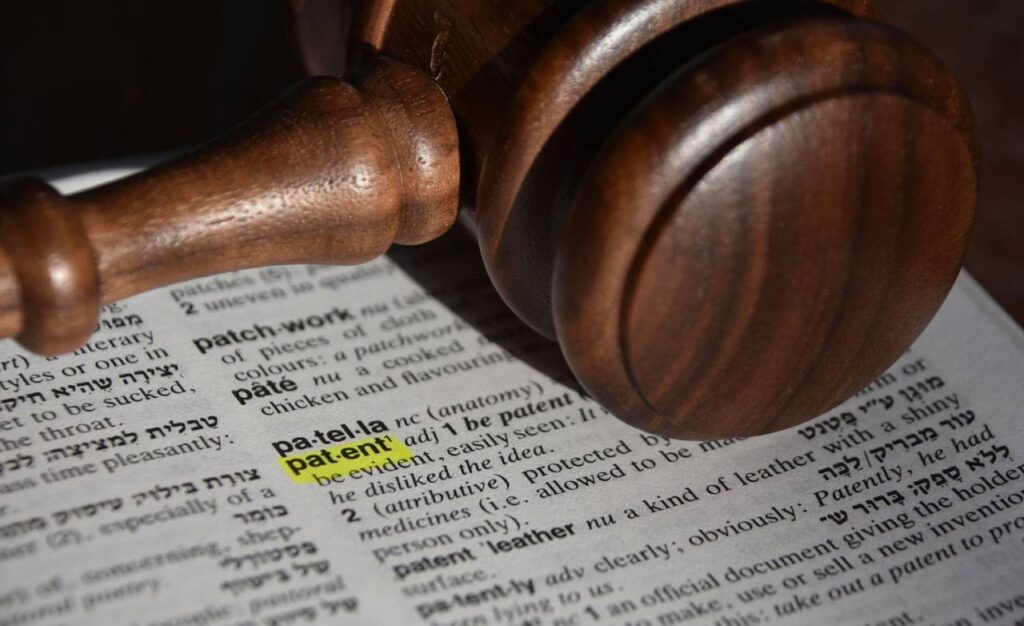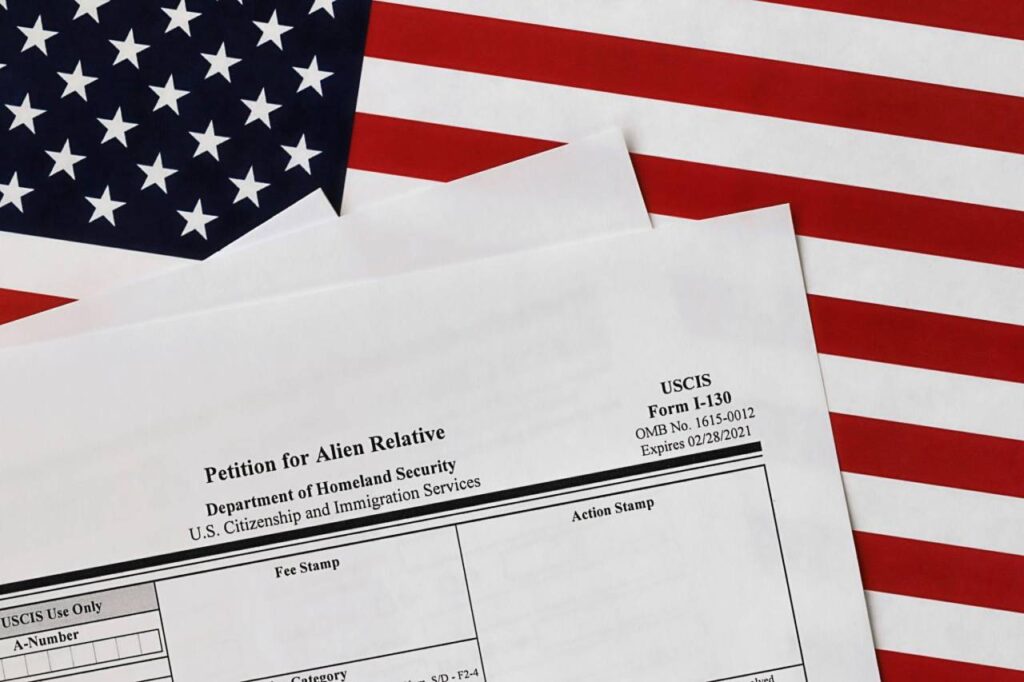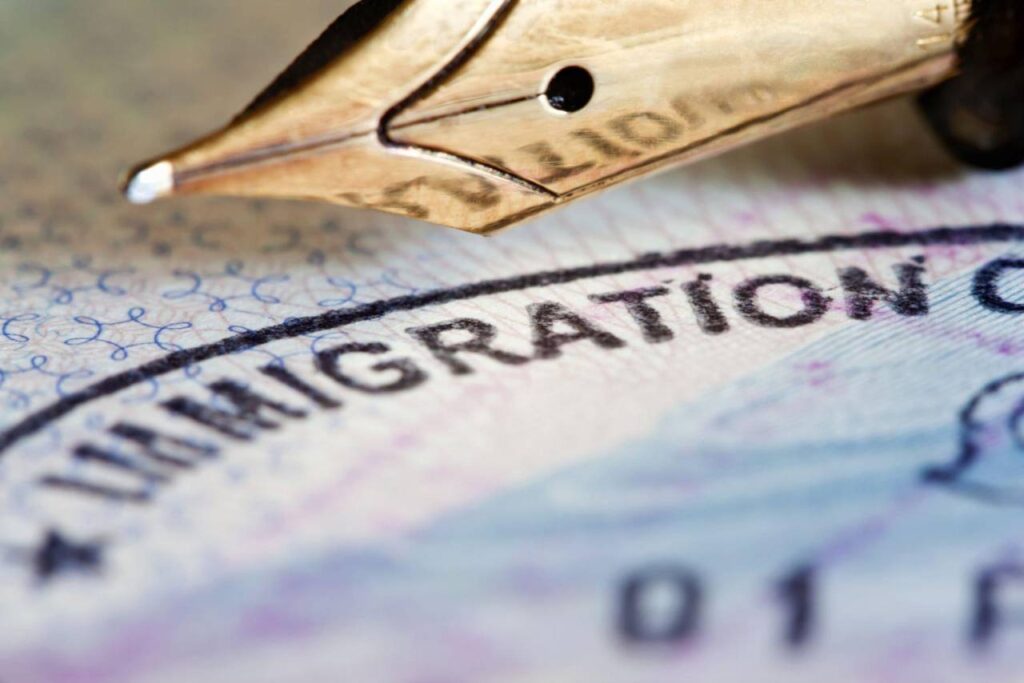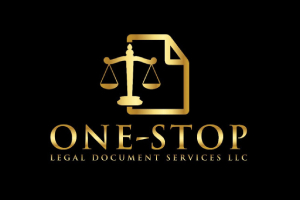Understanding a Motion to Dismiss in Legal Proceedings

Content: A motion to dismiss is a request made by one party in a legal proceeding to have the case thrown out by the court, either before trial or during the trial itself. The party making the motion argues that there are legal grounds for dismissal that are sufficient to go against any further proceedings […]
Understanding Bankruptcy: A Detailed Explanation of the Process and Relevant Authorities

Bankruptcy is a legal process that is designed to help individuals and businesses who are struggling with debt. It provides a way to restructure or eliminate debt while protecting assets and income from creditors. In this article, we will provide a detailed explanation of the bankruptcy process and the relevant authorities that oversee and enforce […]
Understanding FOIA Requests: A Guide to Accessing Public Records

Content: The Freedom of Information Act (FOIA) is a federal law that provides access to public records held by the U.S. government. The FOIA allows individuals to request information that is not readily available to the public, subject only to certain exemptions. Below, we’ll explore the FOIA request process, highlighting key steps involved, and offering […]
Understanding Habeas Corpus 2241 Petitions and Their Role in Protecting Individual Rights

Introduction: The Habeas Corpus 2241 Petition is a crucial tool for individuals seeking relief from unconstitutional detention or confinement. In this blog post, we will discuss what a Habeas Corpus 2241 petition is, how it works, and why it is important in protecting individual rights. Body: 1. What is a Habeas Corpus 2241 Petition? A […]
Understanding Interrogatories in the Legal Process

Interrogatories are written questions that one party to a lawsuit sends to the opposing party as part of the discovery process. Interrogatories can be valuable tools for gathering information and evidence in a case. Here are some important things to know about interrogatories: 1. What are Interrogatories? Interrogatories are a type of written discovery tool […]
Understanding Section 1983 Complaints: What You Need to Know

Section 1983 of the Civil Rights Act of 1871 is a federal law that protects individuals from having their constitutional rights violated by someone acting under the color of law, e.g. law enforcement officers or government officials. In such cases, a Section 1983 complaint can be filed against the person or agency responsible for the […]
Understanding Service of Process and Its Importance in Legal Proceedings

Introduction: Service of process is an essential part of the legal system that ensures constitutional due process of law. It involves delivering legal documents, such as summonses or complaints, to the parties involved in a legal proceeding. In this blog post, we will discuss what service of process is, how it works, and its importance […]
Understanding the difference between B1 and B2 visa

Introduction: Visas are an essential part of international travel, and understanding different visa types is crucial to avoid any confusion and unauthorized travel. In this blog post, we will discuss the difference between B1 and B2 visas and the purpose behind them. Body: 1. What are B1 and B2 visas? A B1 visa is a […]
Understanding the Discovery Process in a Legal Case

The discovery process is an essential component of litigation in the United States. It allows parties to a lawsuit to gather evidence relevant to their claims and defenses. Here are some things to know about the discovery process: 1. What is Discovery? Discovery is the process of obtaining evidence, documents, and information related to the […]
Understanding the I-130 Petition for Family Members

Introduction: The I-130 petition is a crucial part of the U.S. immigration process for foreign nationals seeking to bring their family members to the United States. In this blog post, we will discuss what the I-130 petition is, how to file it, and who is eligible to apply. Body: 1. What is the I-130 petition? […]
Understanding the I-212(d) Waiver in Immigration Law

The I-212(d) waiver is a form of discretionary relief that allows individuals who are inadmissible to the U.S. due to a prior deportation, removal, or unlawful presence to reapply for admission into the country. Here’s what you need to know about the I-212(d) waiver: 1. What is the I-212(d) Waiver? The I-212(d) waiver grants individuals […]
Understanding the Immigration Appeal Process in the United States

Content: The immigration appeal process is intended to provide a fair and impartial review of a decision made by the immigration court or the Board of Immigration Appeals (BIA). If you are facing deportation or removal proceedings, filing an appeal may be a crucial step in your efforts to remain in the United States. Below, […]
